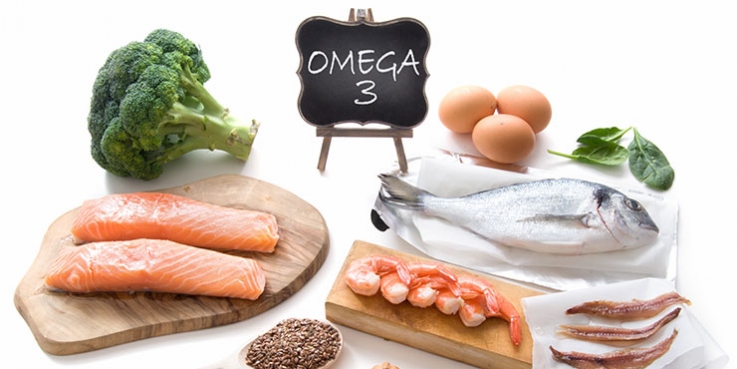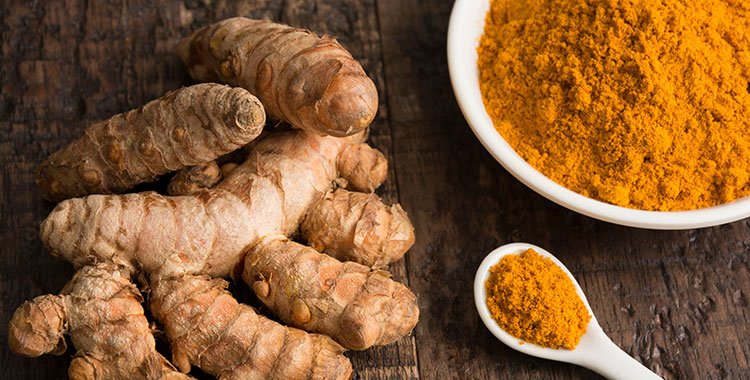Several medical experts warn about the dangers of inflammation for cardiovascular disease CVD. In this article, the “Heart foundation” discusses the risks of inflammation and lists some anti-inflammatory food that can help fighting it.
Could your food be making you ill?
Published: 3 July 2018
Inflammation continues to be a buzzword but what does it actually mean? Do certain foods cause inflammation and is there an anti-inflammatory diet we should all be trying to follow?
What is inflammation?
Inflammation is your body's way of protecting itself from infection, illness and injury. There are two types – good and bad.
Acute inflammation is the ‘good’ type and is the body’s normal response to microbes, tissue damage or metabolic stress. It happens when something harmful or irritating affects our body (e.g. you get a cut, burn or bruise). When the inflammatory response is short-term, it serves a useful purpose by kick-starting our body’s defence system, protecting against further damage and helping us to recover.
Chronic inflammation is the ‘bad’ type and happens when the inflammation process goes on for too long, or if there is too much of it. This type is linked with a range of diseases, including heart disease, where it plays a major role in the development of atherosclerosis. This is when plaque builds up in your artery walls and over time can cause a heart attack or stroke. It is most commonly identified by high levels of inflammatory markers in the blood, which remain elevated over long periods of time.
When it comes to chronic inflammation, there is evidence to show that your diet, weight around your stomach, stress levels, smoking status, activity levels and amount of sleep can affect your overall health and risk of developing chronic disease.
Foods that cause inflammation
There are certain foods which, if eaten in abundance may, 'switch on' inflammatory processes within the body. Some of these foods have already been associated with an increased risk of chronic diseases like type 2 diabetes and heart disease. This isn’t surprising given that inflammation underlies the development of these diseases.
Foods that contribute to inflammation tend to be highly processed nutrient-poor foods:
- Low-fibre, refined carbohydrates like white bread, crackers, donuts, cakes and pastries
- Sugary drinks like soft drinks, energy drinks, iced teas and fruit juices
- Processed convenience and junk foods like confectionary, snack bars, potato chips, ice cream, microwave popcorn, biscuits and other sugary/salty snacks
- Other foods high in saturated fat and/or trans fats like takeaways and deep fried foods
Do any foods help to fight inflammation?
Over the last 10 years, there has been more and more research showing that eating certain foods reduces inflammatory markers. Therefore it may help to reduce the risk of inflammation and the severity of inflammation when it occurs with various diseases and conditions.
There are a range of different eating patterns that are anti-inflammatory and overall we know that they are based around foods that are whole, less processed, high in fibre, low in saturated fat, include omega-3 fats (especially from fish) and are rich in phyto-nutrients (found in plant foods).
Some research shows that a traditional Mediterranean-style diet focused around fruit, vegetables, nuts, legumes, olive oil and fish is one way of achieving an anti-inflammatory diet. This is consistent with our existing advice on the Mediterranean diet because it decreases the risk of cardiovascular disease, both in healthy people and those who already have heart disease.
We encourage basing your diet around the following whole and less processed anti-inflammatory foods:
- Vegetables and fruit of a wide variety and range of colours. In particular, there is evidence for the anti-inflammatory benefits of leafy greens (i.e. broccoli, silverbeet, spinach, cabbage, bok choy), tomatoes and berries because they are high in antioxidants like Vitamin C
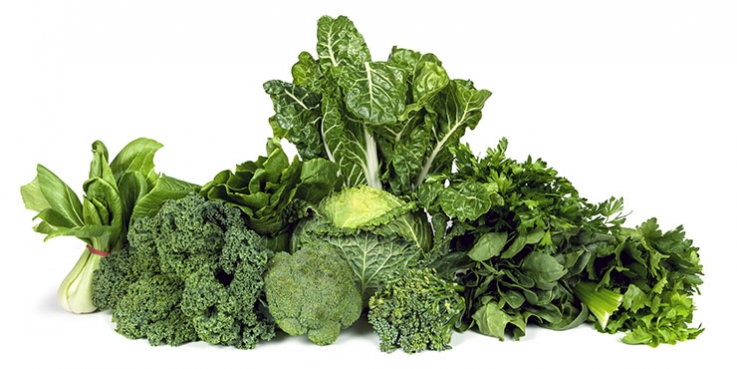
- Legumes like beans, lentils, chickpeas and split peas
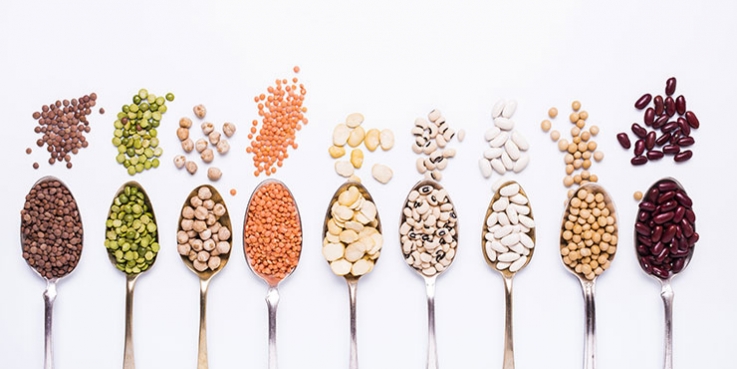
- Grain foods like oats, barley, brown rice, wholegrain bread, quinoa, buckwheat and millet
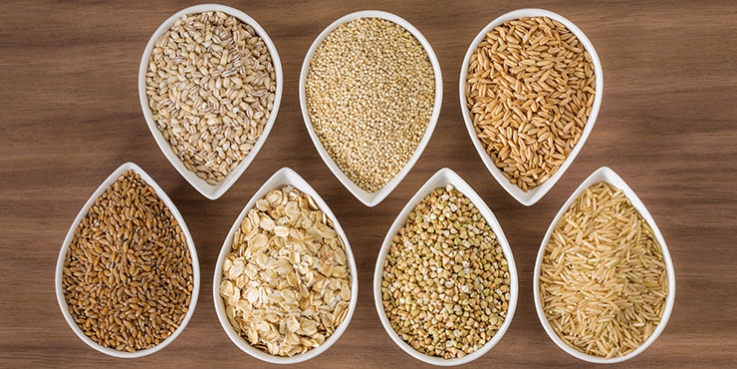
- Oily fish like mackerel, sardines and salmon, as well as other good sources of omega-3 fats like chia seeds, flax seeds and walnuts
